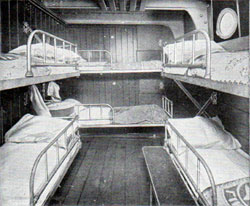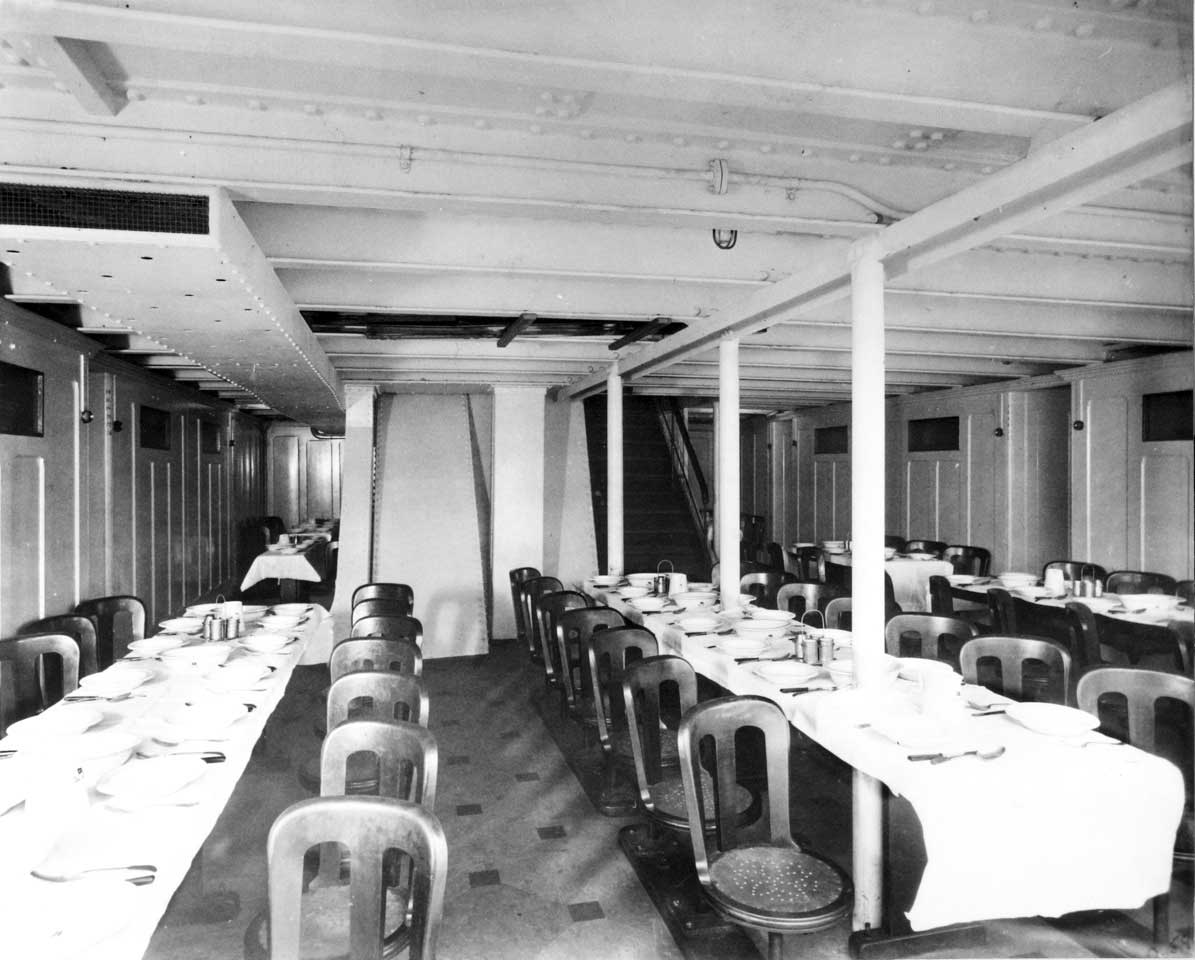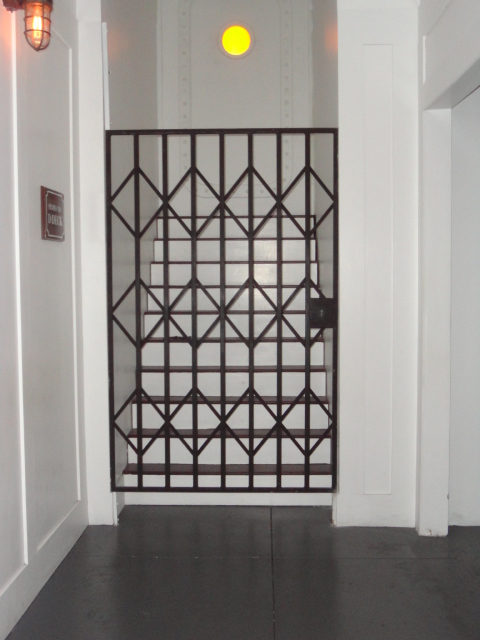Overview
What was the voyage like for the less fortunate?
Many of the third-class passengers boarded the Titanic in search of a better life. It has been reported that emigrants from about 33 nationalities were on the passenger list, and on April 10th, 1912, people from Ireland, Scandinavia, and Eastern Europe gathered in Southampton, England, to start their journey to the United States. On April 15th, 1912, the Titanic met its fate in the frigid Atlantic water.


Although the ship is remembered to be one-of-a-kind, the opulence was only enjoyed by upper-class individuals. Before boarding, the third-class passengers were inspected for disease, lice, and infection to prevent anything from spreading to the first class. The third-class passengers enjoyed certain luxuries on their first and last voyage. Basic meals were provided in the dining room, however, their cabins were located at the bottom part of the ship and hosted up to 10 people.
Meeting Their Fate
After the Titanic's collision with the iceberg, the first-class passengers were given first access to the limited number of lifeboats. As the wealthy were able to escape, most of the third-class passengers were confined to the lower decks of the ship. Those who were lucky enough to get into a lifeboat were granted money. However, most of the third class faced a watery death as they sank with the ship.

Try It Yourself
Modern technology has made it possible for artists to digitally replicate the ship. Now, people can simulate the third-class experience by walking through the hallways, dining rooms, and cabins. Imagine yourself as a third class passenger in 1912, beaming with excitement as you enter the cabin. The brand new construction is completely different from your life back home. Now, knowing the tragic fate of the Titanic and its passengers, would you feel the same?